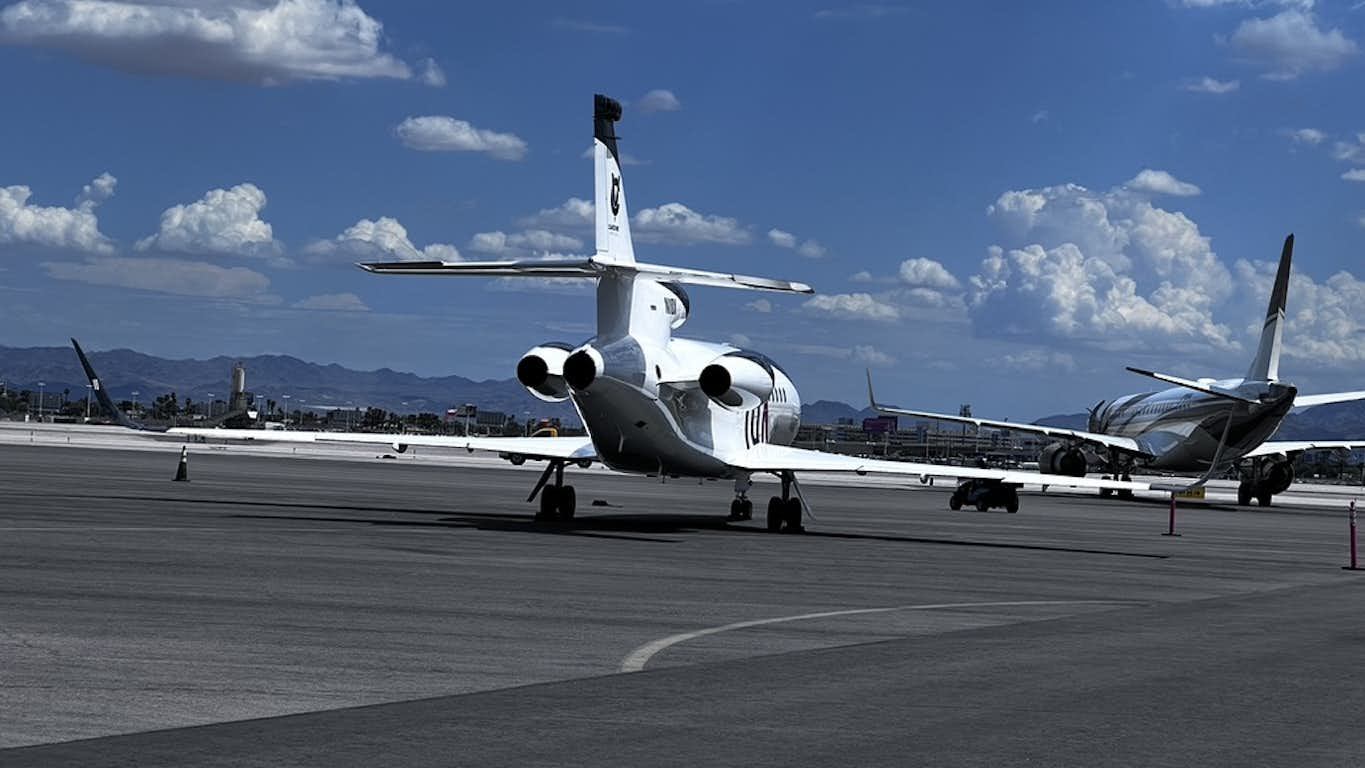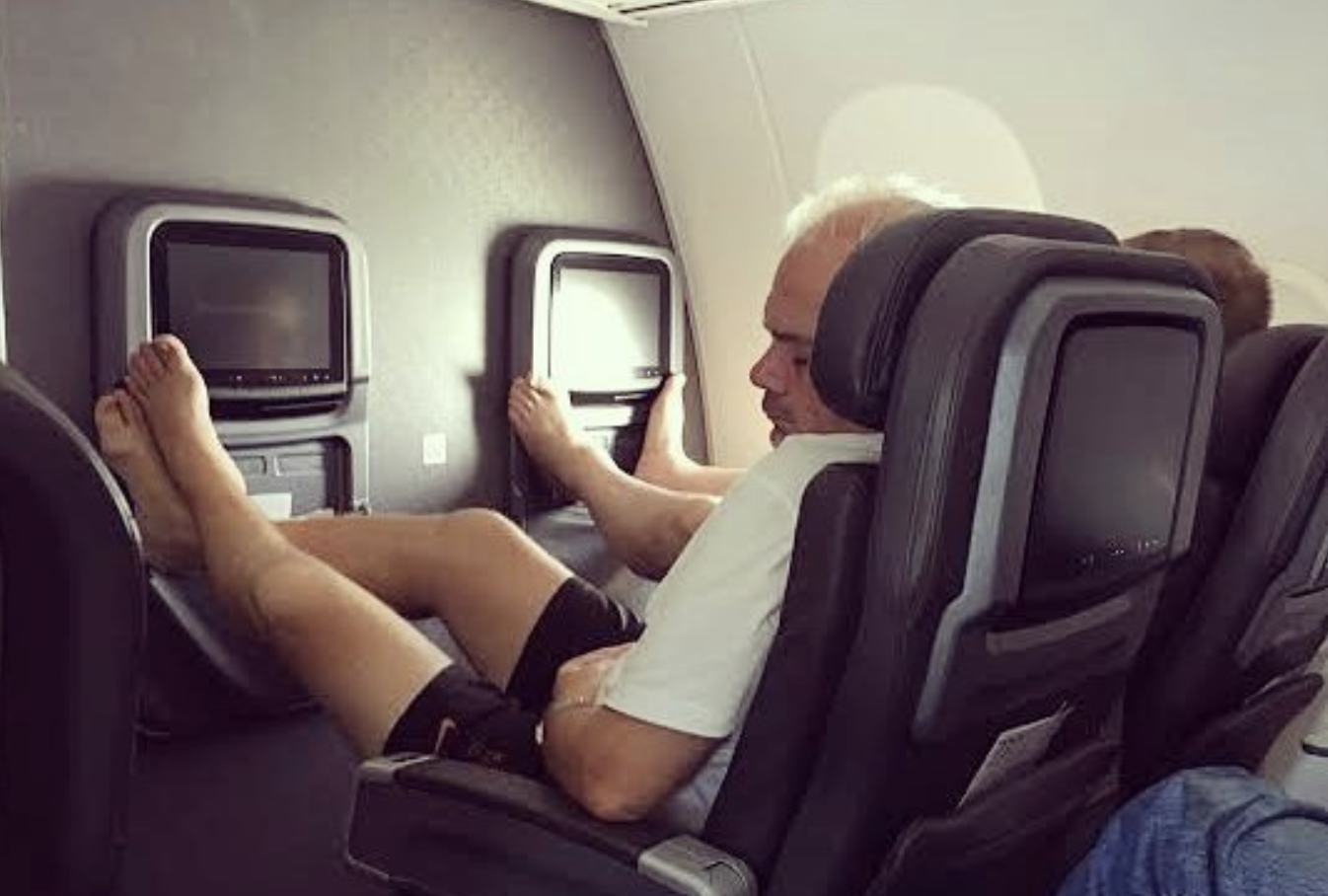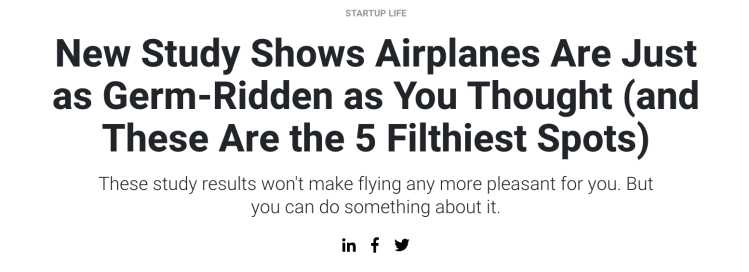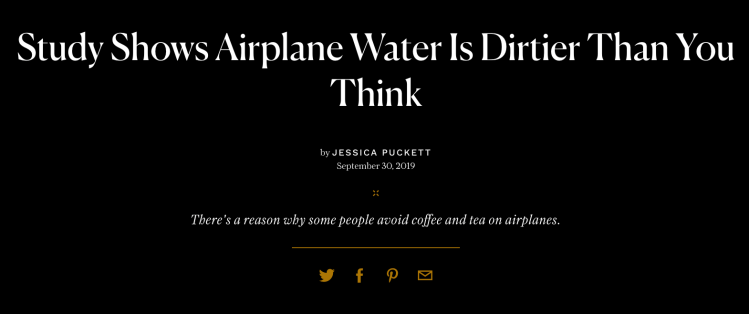
Private jet companies say the COVID-19 Coronavirus pandemic has generated first-time customers. They may return due to health safety concerns….

With no cure or vaccine for the COVID-19 Coronavirus, the private jet industry is expecting (or hoping for) an influx of new customers when the stay-at-home orders expire and hotels and resorts reopen.
Right now many private jet users are grounded with no place to go. However, they apparently want to get back in the air. Research by Private Jet Card Comparisons shows only 3% of subscribers have canceled summer vacations with no plans to reschedule. It’s also expected those who can afford it, will want to maximize their social distancing while traveling for the foreseeable future.
Private aviation is forecast to be down close to 70% this month. Still, that number cloaks a significant portion of flying since the COVID-19 outbreak has been by new customers relocating to second homes or evacuating family members.
Flight attendants and passengers have experienced (and often documented) all kinds of affronts to personal health and hygiene in the tight quarters of an airline cabin — from blood on the tray table latch to dirty diapers in the seatback pocket to a barefoot woman who picks her feet and toes.
– The New York Times
“The first-time customers are one-off trips, but these aren’t people cleaning out their 401Ks. They’re wealthy. In their heads, they couldn’t justify the price, until now,” said one bizav CEO who asked not to be quoted by name.
His refrain matches what others are saying. Coronavirus is causing some who eschewed private travel to at least dip their toes in the water.
Private aviation has long pitched efficiency, privacy, and security. Now reducing health risks is ready to take center stage. Research shows risks of exposure to COVID-19 Coronavirus is 30 times less when you travel via private jet.
Last year in a presentation about market opportunities at the Corporate Jet Investor conference, one slide stood out. Tracking the past decade since the end of the Great Recession was a line showing a steep upward path. It reflected the growth in ultra-high net worth and high net worth households. UHNWs are folks with at least $30 million while HNWs have at least $10 million.
The other line had a far less robust incline. It tracked the increase in private travel since 2009.
Business aviation’s challenge? How do you get those people who have the means to switch from scheduled airlines over to private jets?
Fractional ownership, jet cards, and memberships have provided lower-cost access points. Each offer benefits similar to owning your own airplane. Responding to the crisis, a number of companies have reduced the buy-in price even more.
Those who are regular users know private jets are a time machine. You often use more convenient airports. Suddenly, there’s an extra half-day on the slopes before you fly home. You arrive in time for a romantic dinner on the beach.
This is less stress, better service, a more convivial atmosphere. You get extra facetime with customers. Key business operations can be located in markets not well served by the airlines. Say goodbye to showing up at the airport an hour before your flight. No more TSA lines. You get home in time to see your kid’s soccer game.
Leaders of the study even go as far as saying passengers should avoid washing their hands with the water in the airplane bathroom
– Conde Nast Traveler
Not everyone’s a convert. Some marketers focus on price. They attempt to show how a fully packed private jet is not much more per person than first-class. That approach generally falls short both in the reality of actual cost and that most people don’t fill their jets.
Now, health and necessity may trump dollars. In addition to reduced airline schedules, well- being is now set to be a key factor why private jet travel will rebound faster than airlines.
The COVID-19 Coronavirus pandemic has made it clear that being in crowded places is not ideal. With a vaccine still perhaps a year away, private aviation becomes a solution.
Nearly half of the surfaces swabbed contained levels of bacteria or yeast and mold that could put a person at risk for infection
– Canadian Broadcasting Corporation
The same survey by Private Jet Card Comparisons found 77% said reducing exposure to COVID-19 will guide private jet usage. Many private jet fractional share and charter operators have announced enhanced cleaning and treatments for cabins.
Just 22% said concerns about personal assets or company sales/profits versus the cost of flying privately will be a factor. At the same time, the CARES Act has eliminated the 7.5% Federal Excise Tax making private jets a bit cheaper.
It remains to be seen if airlines will clean up their act when it comes to hygiene. Still, the desire to avoid airport terminals with a worldly mix of travelers and dirty airliners is likely to drive new interest in private jet options.





